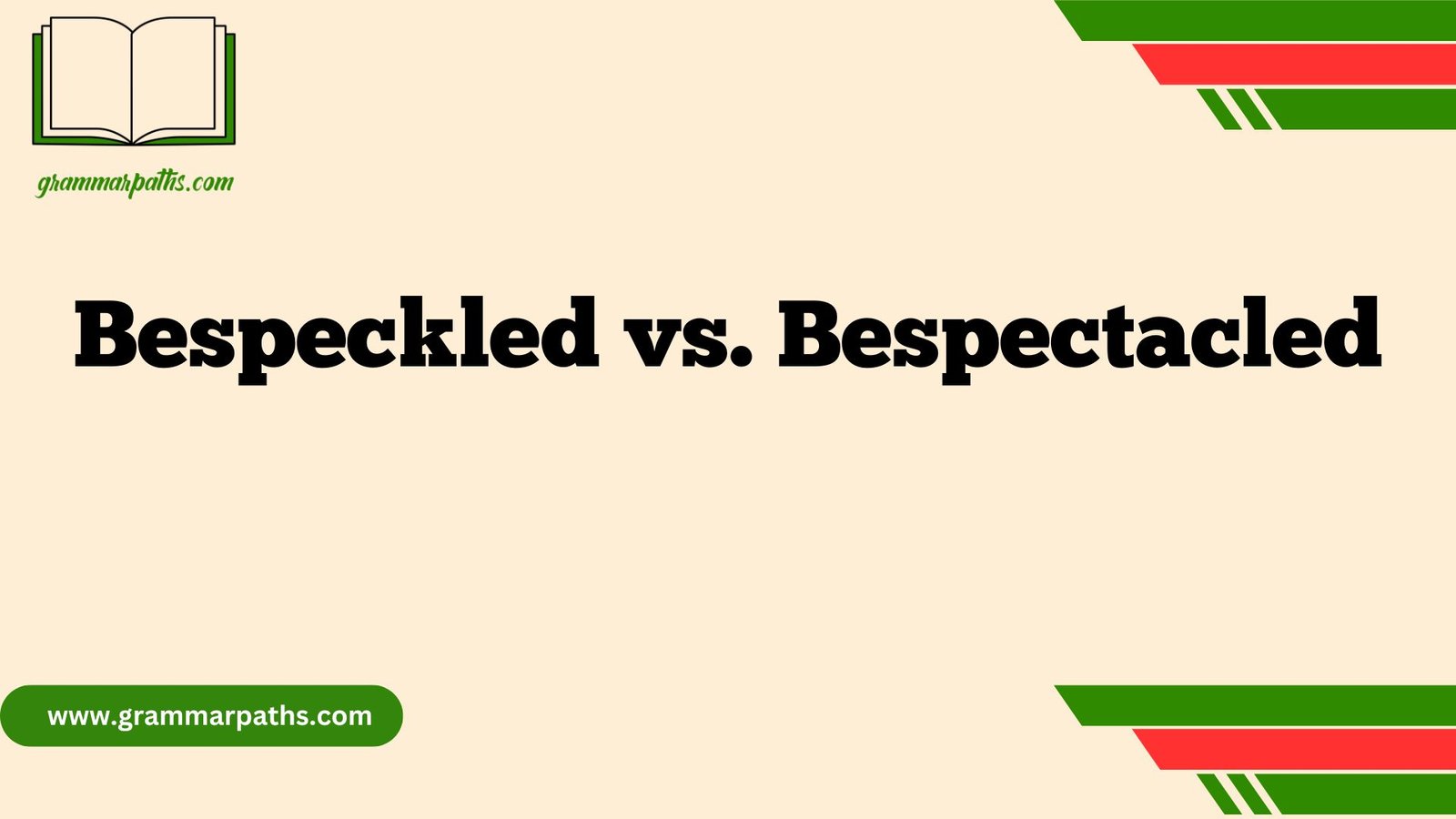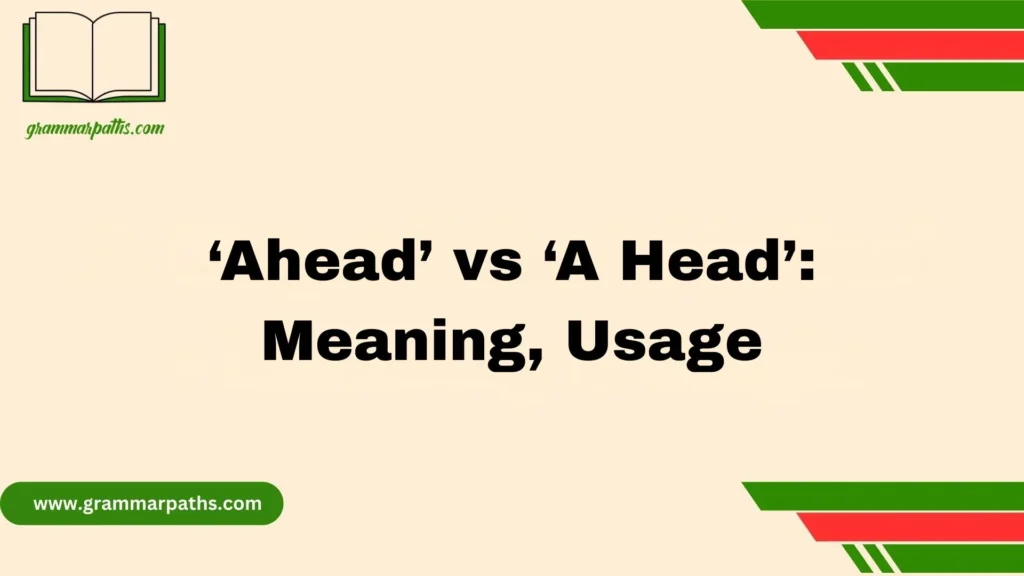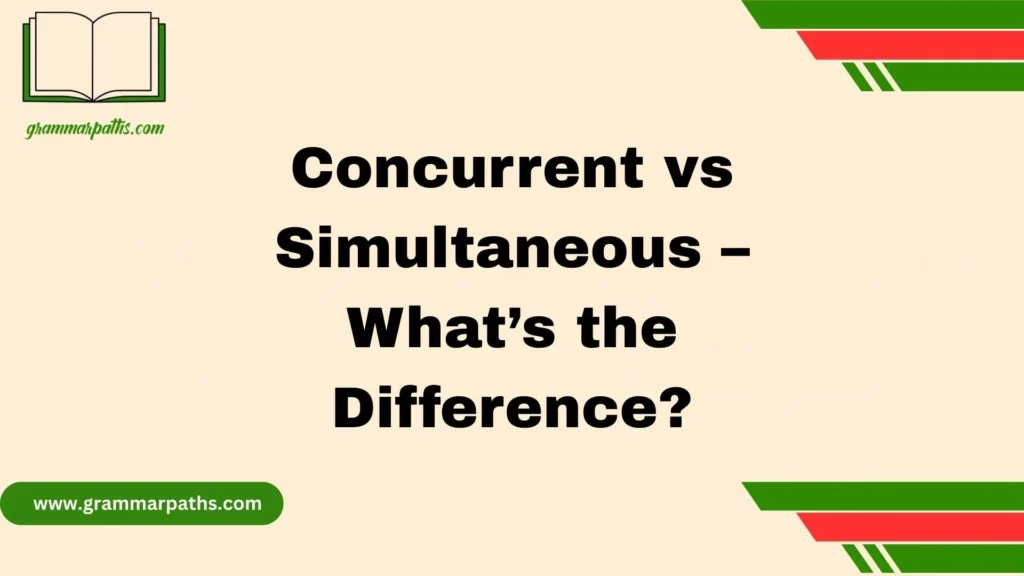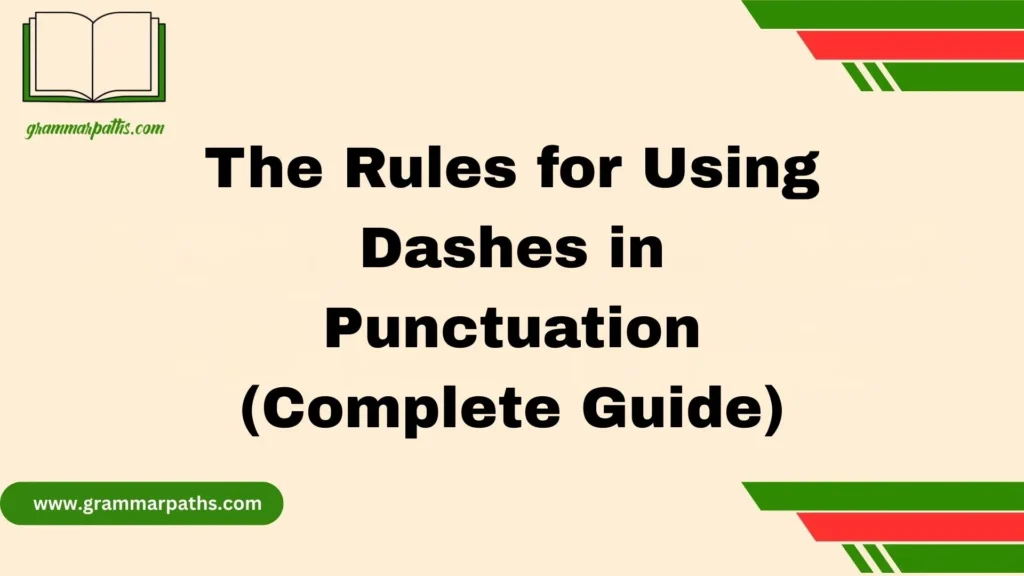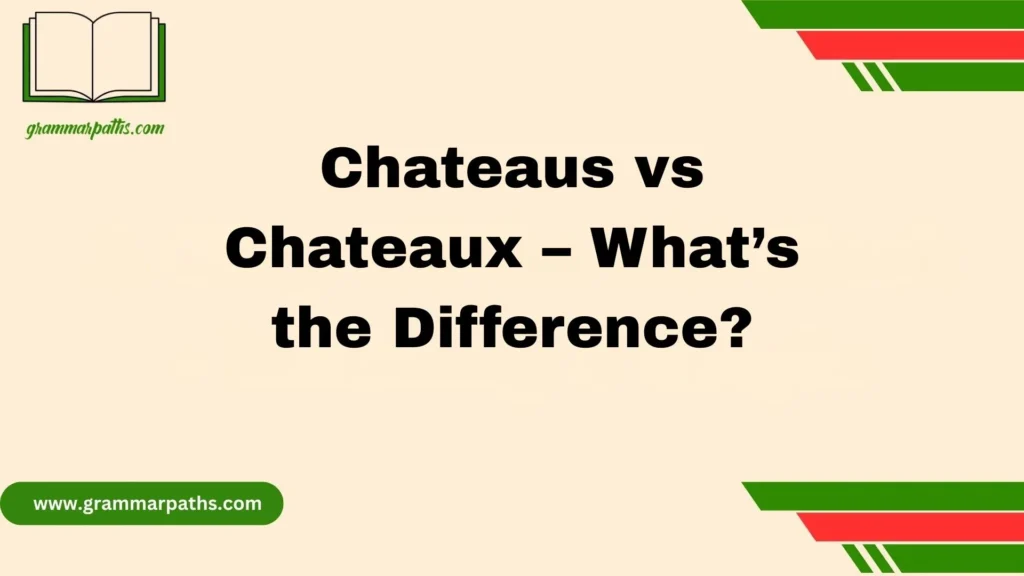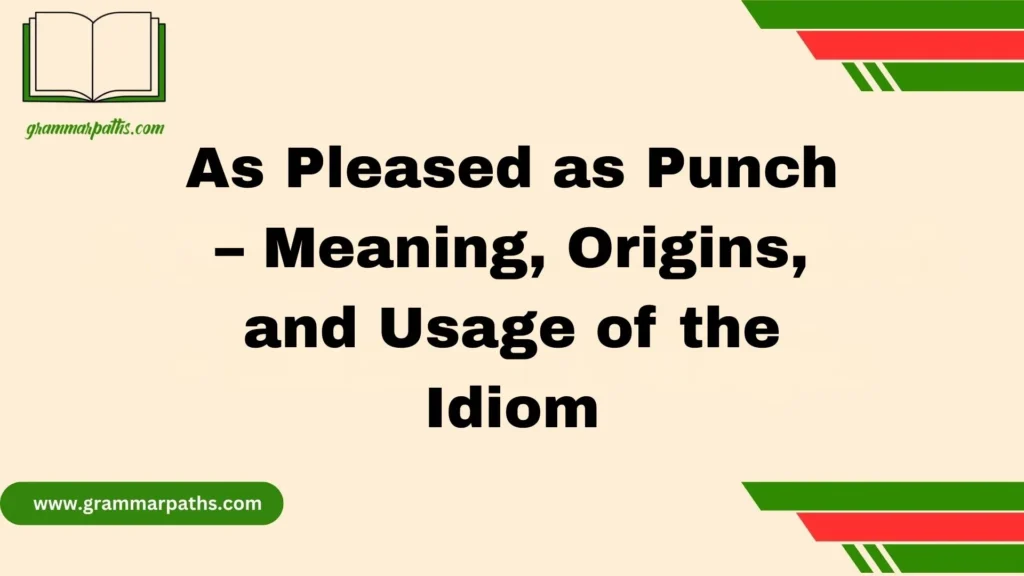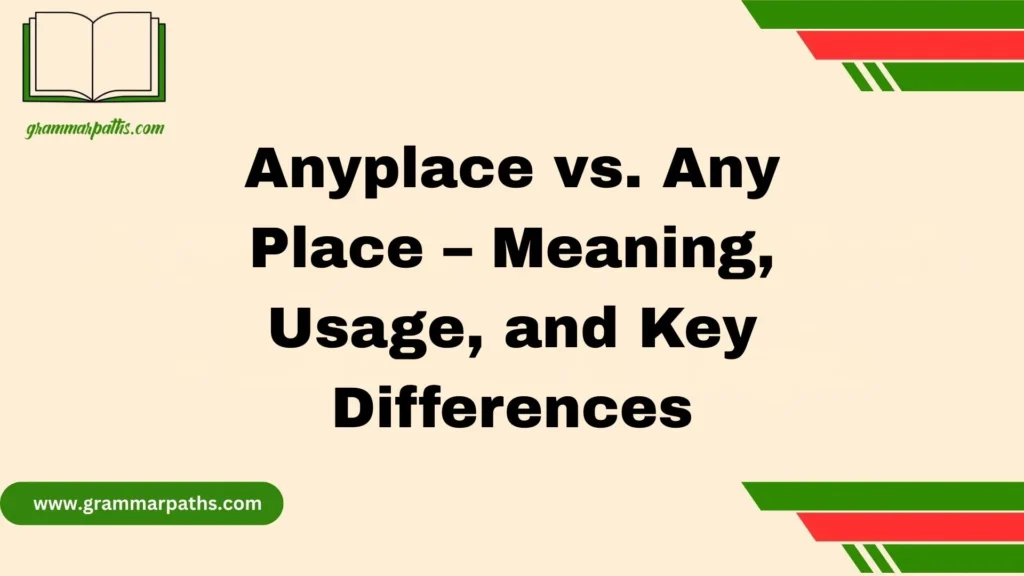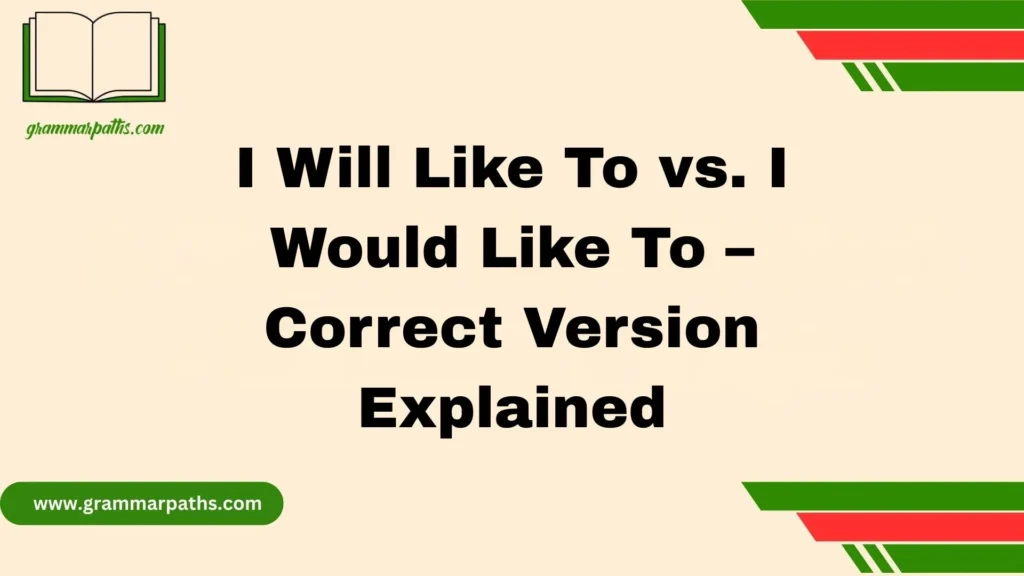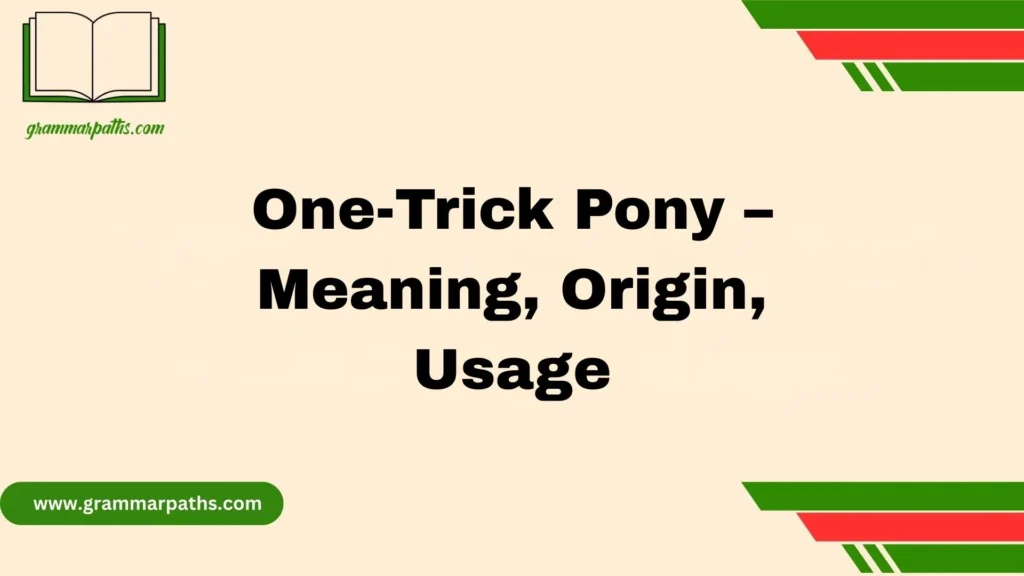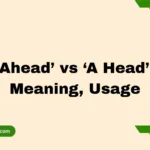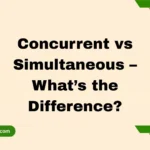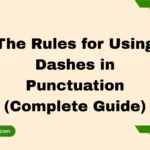Even for those with a solid command of English, some words can throw you off—like bespeckled and bespectacled. They sound so similar that it’s easy to confuse them, but their meanings are entirely different. I still remember the first time I came across these terms—I had to pause and dig into what they actually meant.
Now I know: bespeckled refers to someone or something marked with spots or flecks, while bespectacled describes someone wearing glasses. Despite their near-identical appearance, they serve very different purposes in language.
In my experience as an editor, I’ve seen both students and professionals get tripped up by this pair. That’s why I always stress the importance of understanding these subtle distinctions. Real-world usage examples make a big difference in grasping how each word fits into a sentence. Once you master the nuance, not only do you avoid common slip-ups—it also polishes your writing and strengthens your communication.
Understanding the Word Bespectacled
Definition
Bespectacled describes a person who wears spectacles or glasses. If someone is “bespectacled,” they have eyeglasses on their face.
This adjective is quite specific — it’s not about just seeing or looking but about actually wearing spectacles.
Etymology
The word bespectacled stems from the Latin spectaculum, meaning “a show” or “a spectacle.” The prefix be- is an old English intensifier meaning “to provide with.” Together, it means “to be provided with spectacles.”
The earliest known uses in English date back to the 17th century, when glasses became more widespread as visual aids. Before that, “spectacles” were a relatively new invention.
Usage in Sentences
- The bespectacled professor adjusted his glasses before beginning the lecture.
- She’s the bespectacled editor known for her sharp eye and keen insight.
- In classic films, the bespectacled hero often symbolizes intelligence.
Synonyms and Related Terms
While bespectacled is the precise word for “wearing glasses,” here are a few related phrases you might encounter:
- Eyeglass-wearing
- Glassed
- Spectacle-wearing (less common)
However, none quite match the elegance and specificity of bespectacled.
Understanding the Word Bespeckled
Definition
Bespeckled means covered or marked with small spots or specks. It describes patterns or textures, not people wearing glasses.
Think of a bird’s egg with tiny dots, or fabric dotted with flecks of color — those are bespeckled objects.
Etymology
The word comes from the root speck, meaning a small spot or mark, combined with the prefix be- meaning “to cover with.”
Its use in English also dates back several centuries, mainly to describe surfaces or patterns that feature specks, spots, or freckles.
Usage in Sentences
- The robin’s bespeckled breast gleamed in the morning light.
- She wore a vintage dress that was bespeckled with tiny flowers.
- The old wooden table was bespeckled with paint stains from years of use.
Synonyms and Related Words
- Speckled
- Flecked
- Mottled
- Dappled
- Spotted
These words are often interchangeable depending on context but bespeckled has a poetic flair.
Bespectacled vs. Bespeckled: Side-by-Side Comparison
| Feature | Bespectacled | Bespeckled |
| Meaning | Wearing glasses/spectacles | Covered with small spots or specks |
| Part of Speech | Adjective | Adjective |
| Root Origin | Latin spectaculum (sight, spectacle) | English speck (small spot) |
| Typical Usage | Describes a person | Describes an object, surface, or pattern |
| Example | The bespectacled librarian smiled kindly. | The bespeckled egg looked fragile. |
This table makes the difference crystal clear: one word is about glasses, the other about spots.
Common Misconceptions and Mix-ups
Why do so many confuse these words? Here are a few reasons:
- Visual similarity: They share many letters and look almost the same at first glance.
- Sound alike: They have similar phonetics, especially when spoken quickly.
- Spellcheck errors: Auto-correct can replace one with the other mistakenly, causing subtle errors.
- Assumption of meaning: Some think “bespeckled” relates to glasses due to “spec” within the word, but that’s false.
- Rare usage: Both words are somewhat formal or old-fashioned, so many people aren’t familiar with them.
Fun Case Study: Famous Mix-up in Media
A popular novel once mistakenly described a character as “bespeckled” when referring to his glasses. Readers found it humorous because the word implies he was covered in spots, not that he wore glasses! This highlights how important it is to understand the precise meaning.
How to Remember the Difference Between Bespectacled and Bespeckled
Here are some handy memory tricks to avoid confusion:
- Bespectacled = Spectacles (glasses): The root spect means “to see” or “look.” So if it has spect in the middle, think glasses.
- Bespeckled = Specks (spots): The root speck means “tiny spot.” If you see speck, think dots or spots.
Visual Mnemonics
- Imagine a bespectacled owl, wise and wearing round glasses perched on its beak.
- Picture a bespeckled egg, dotted with brown spots.
Phrase Associations
- Bespectacled: “He sees the world through his spectacles.”
- Bespeckled: “The fabric is bespeckled with colorful dots.”
Use these mental images whenever you’re stuck.
Real-Life Examples in Literature and Pop Culture
Bespectacled Characters
- Harry Potter: Frequently described as bespectacled—his round glasses are iconic.
- Albert Einstein: Often portrayed as a bespectacled genius.
- Classic detective characters like Sherlock Holmes sometimes are bespectacled, symbolizing intellect.
Bespeckled Imagery in Writing
- Poets use “bespeckled” to vividly describe natural objects: eggs, feathers, stones.
- Writers describe bespeckled clothing to evoke vintage or rustic aesthetics.
The Final Verdict: Which One Is Correct, and When to Use Them?
If you want to describe someone who wears glasses, always use bespectacled. This is the correct and widely accepted word for that meaning.
If you want to describe something covered with tiny spots or dots, use bespeckled. This adjective fits perfectly for patterns, textures, or surfaces.
Quick Checklist
- Talking about glasses or eyewear? ➤ Use bespectacled.
- Talking about spots or specks on an object? ➤ Use bespeckled.
Quick Reference Summary
| Word | Meaning | Example |
| Bespectacled | Wearing glasses | The bespectacled teacher smiled. |
| Bespeckled | Covered with small spots | The bespeckled egg looked fragile. |
Frequently Asked Questions (FAQs)
Can a person be both bespectacled and bespeckled?
Yes! For example, a person who wears glasses (bespectacled) and has freckles (bespeckled) on their skin can be described using both words.
Is “bespeckled” a real word or a misspelling?
It is a legitimate English word, well-documented in dictionaries and literature, meaning “covered with small spots.”
Do style guides prefer one word over the other?
Both are accepted standard English words with different meanings. Usage depends entirely on context.
Final Thoughts
Understanding the difference between bespeckled vs. bespectacled can sharpen your writing and prevent embarrassing errors. Remember: bespectacled = glasses, bespeckled = spots. This simple distinction makes a big difference in clarity.
Next time you describe someone’s look or a patterned surface, you’ll be confident using the right word. Keep this guide handy and share it with anyone who’s ever stumbled on these two tricky adjectives!

Emma Brooke is a passionate language expert and contributor at GrammarPaths.com, where she helps learners navigate the complexities of English grammar, idioms, and effective writing. With a strong academic background and years of teaching experience, Emma excels at turning tricky grammar rules into simple, practical lessons that readers can easily grasp.
